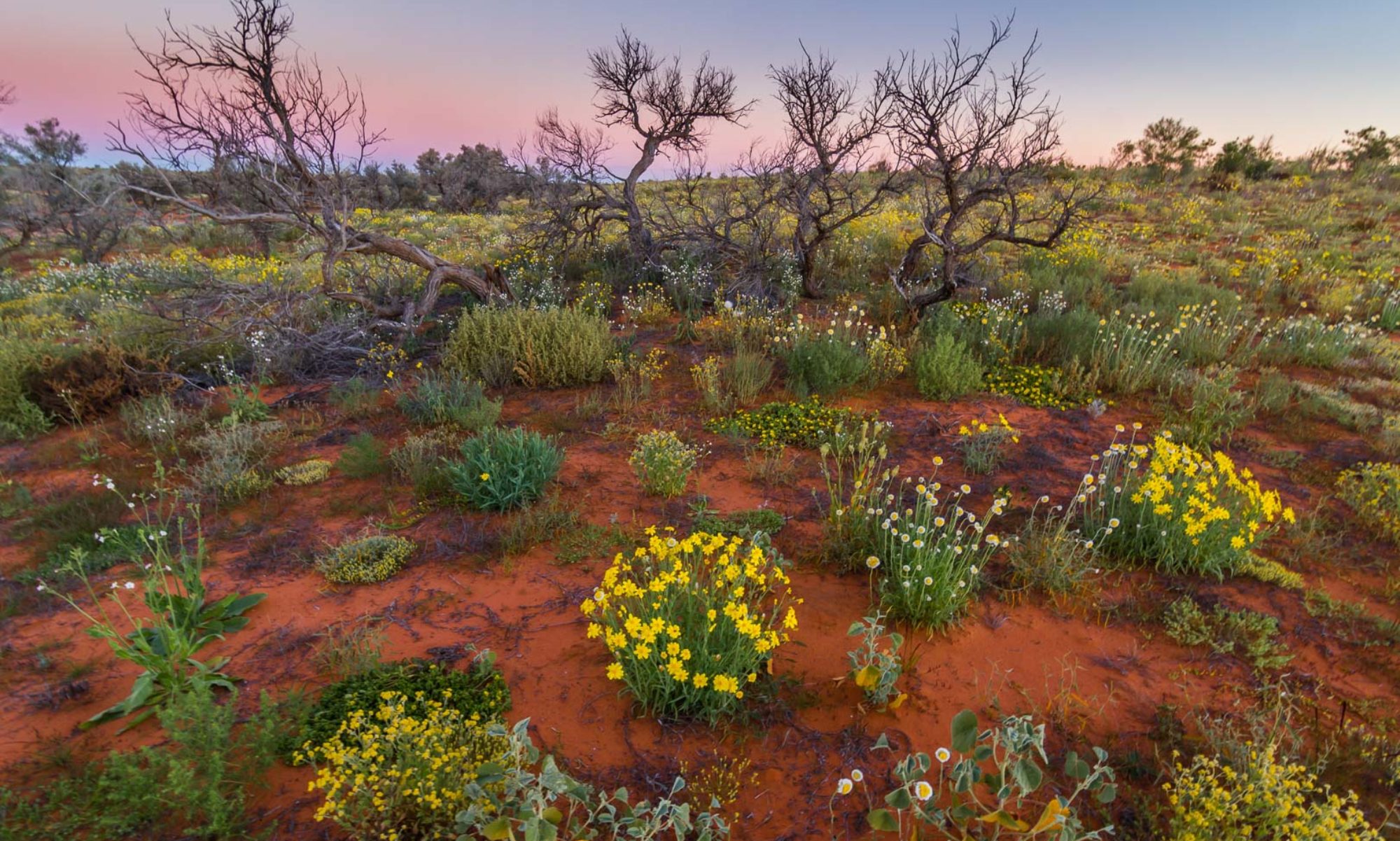Sharon’s g grandmother left Ireland in the 1880s and was the first teacher at Eungella, west of Mackay. Since she came from Aghagallon, north of Lurgan, we took the short drive – is there anything else in Ireland – to the small town near Lough Neagh, visiting the lake first. Three horses came over to where we parked and sniffed at us and then commenced licking the windows. We made a quick exit as I wasn’t sure whether that was covered in the car hire agreement. “”Excuse me, Sir. You have horse lick marks on the side mirror. That will cost you 1200 euro.”
I asked an old lady in the queue at the small shop in Aghagallon if I needed to cook the potato bread I bought for lunch and she laughed when I said I was going to eat it with banana. We struck up a conversation and when we told her that Hannah McKavanagh used to live here, she said, “I was Hannah McKavanagh before I was married. She proceeded to tell us about her father and mother and other McKavanaghs who had lived and died here. Before we said goodbye to the long lost cousin, she directed us to the Old Aghagallon Cemetery along Rock Road, past the dairy, through the iron gate to the top of the hill, where she said no strangers were buried. Sharon found the McKavanagh plot and you’d go a long way, we had come a long way, to find a prettier place to rest.
